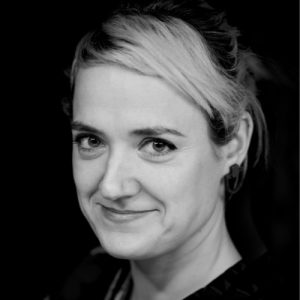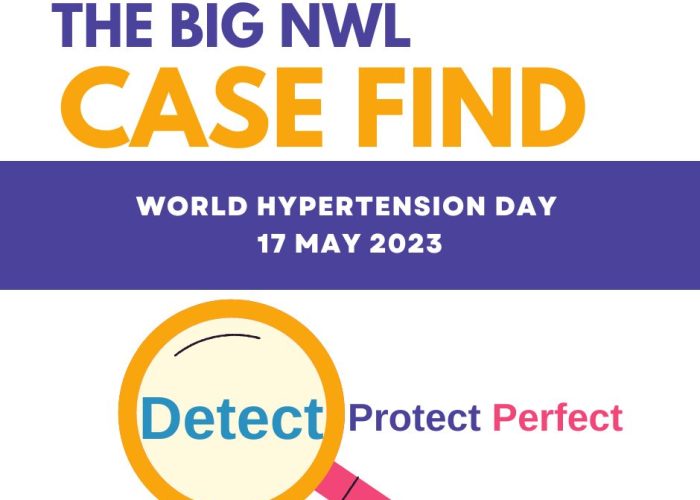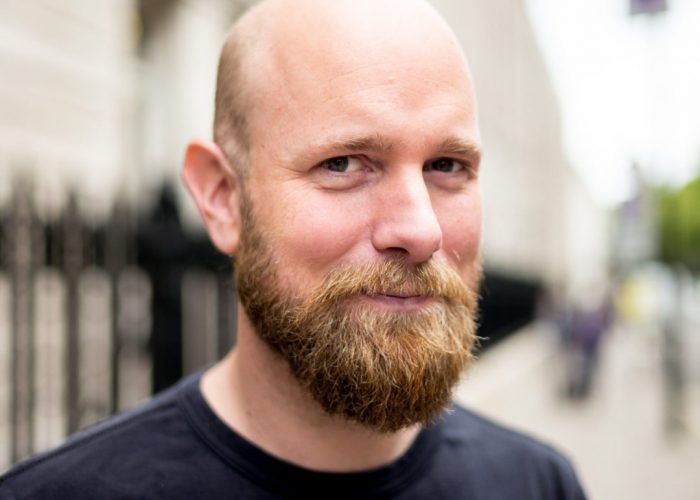
With so many organisations and individuals involved, creating meaningful change in health care is no easy feat. Group Director – Strategy & New Care Models at Basildon &Thurrock, Mid Essex and Southend Hospital Group, Charlotte Williams, who was a speaker at ICHP’s most recent Population Health Learning Lab, takes us through her experience implementing successful change.
The work for clinicians in our modern health and care system is changing. The traditional rules we were taught in medical school, or management college, are no longer true – if they ever were. In a system focused on improving population health, no longer do patients present in person with a single complaint, we anticipate their future needs from their risk profile; no longer is the most academically qualified person always the boss, health is a team-based activity, with a range of expertise needed at different times and places, and embracing of patient preferences and characteristics. At our recent Population Health Learning Lab with Richard Bohmer, we explored how the role of leaders, and the hard work of transforming care is evolving, and what this means for clinicians in leadership positions, or aspiring to them.
Integrating care for population health may require adaptation in how clinicians operate, and how we interact with each other. Ultimately for us all – whether clinicians, managers, social workers, analysts, etc. this means essential personal and team behaviour change. Top down imposition of standard practices alienates clinical staff and it fails to account adequately for meaningful variation in care needs and available local resources. It is essential we all show respect across professional boundaries, take accountability and appreciate that leadership exists at all levels. To be most effective, we need to feel empowered to influence the context of our work, as well as the content; to engage with critics and build relationships with those caring for the same populations, but with a different background or discipline.
With my own trusts in Essex, our experience of developing an integrated hospital group from three independent institutions has given us some insight into the real word of this transformation. Richard has helped us to understand how integrating the care delivered in complex systems requires both changing relationships between organisations, and redesigning operations within our organisations. Now that Integrated Care Systems are an imperative for the NHS, it is important to challenge ourselves: how we can be good partners in the wider system, until we have first gone as far as we can to integrate our teams, and build partnerships internally?
Lessons from our experience might include the need for transparency: being open about the “rules of the game” is essential (what is flexible and what is not, what the limitations and timelines are). Contrary to expectations clinicians are often more comfortable knowing what is not negotiable. This transparency needs to include sharing financial and workforce data. Honesty about what we should expect to be a realistic pace of change, and the uncertainties we will face (political, practical and bureaucratic) is also important. We may already know this, but it is important to recognise these limitations publically in order to build trust.
As we all appreciate, but don’t often say, any change is a journey into the unknown. Building a system that improves the health of populations (remembering that we must segment those we serve to make this resonate – a population isn’t a single group with one set of needs) is an uncertain series of experiments where we have to be accepting of the available data – a wealth of irrefutable evidence is unlikely to exist or emerge. Richard has shown us that equipping clinicians for a world where as teams we try things out and learn as we go, putting trust in partnerships with patients for results, will require leaders who can build alliances. We will all make real progress that has a chance of sticking if we start small, beginning with what we know and an ambition to improve. By keeping faith in others, realism about the pace we can go – we can keep moving forward, through many small redesigns or our own system. These add up to bigger and bigger impacts that stand a chance of changing care,- and changing lives – for the better.
For more information on the Population Learning labs please contact Katja Behrendt.



